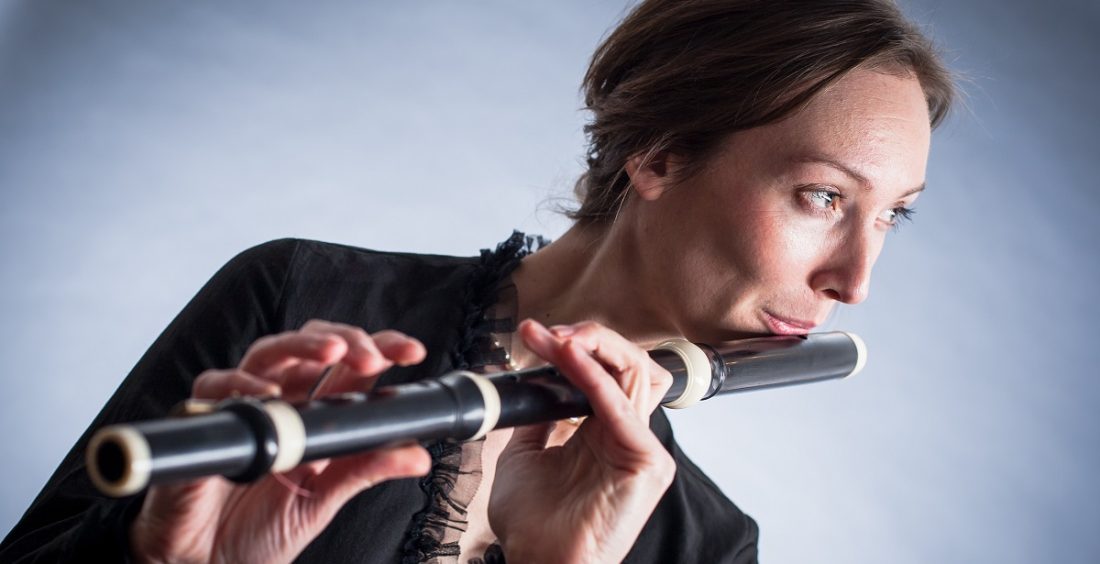Collegium Marianum/
Visions and Dreams
Programme
- Antonio Vivaldi: Concerto for Flute and Orchestra in G minor “La notte“ RV 439
- Jan Ryant Dřízal: The Name of the Rose, world premiere
- Antonio Vivaldi: Concerto for Violin and Orchestra in C minor „Il sospetto“ RV 199
- Jiří Gemrot: Elfi e fantasmi, concerto da camera for flauto traverso and baroque orchestra, world premiere
- Georg Philipp Telemann: Concerto à 6 TWV 52:e3
Performers
- Collegium Marianum
- Jana Semerádová – traverso, artistic director
- Lenka Torgersen – violin
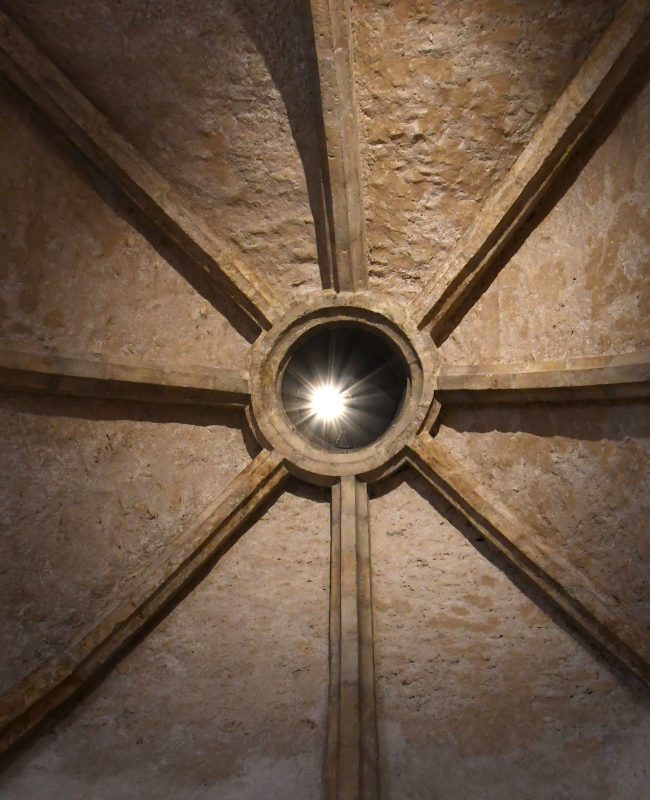
Visions and Dreams
Visions and Dreams – that is the name of a Prague Spring project that will present three concerts in a single day with the best Czech and foreign musicians specialising in the historically informed interpretation of early music.
Mystical Rose
The concert of the ensemble Collegium Marianum will present two world premieres alongside three Baroque concertos. Opening the concert will be Vivaldi’s Flute Concerto “La notte” RV 439. It was the Italian Baroque master who actually inspired Semerádová to create the entire programme. “His theatrical concertos can sound incredibly modern”, she explains. “In the concerto La notte, sweet dreams and the song of a nightingale are interrupted by nightmares.” Next will be the world premiere of The Name of the Rose, which “was written at the initiative of Martin Rudovský as a Christmas present for Jana Semerádová, to whom the work is dedicated”, says the composer Jan Ryant Dřízal (* 1986), explaining the work’s origins. The title is a riddle that refers both to Umberto Eco’s post-modern novel and to the graphic design of a “mystical rose” on the title page of a Baroque treatise by the British Hermeticist and Rosicrucian Robert Fludd. “The musical language of the composition seemingly draws upon the harmonic progressions that were routinely used in Baroque music, and especially sequences”, explains the composer. “But unlike in Baroque techniques, a strict chain of intervals is used here, and its permutations create an infinite series of various chords built from thirds. This generates the quasi-tonal harpsichord accompaniment. On the other hand, the solo flute uses spontaneous melody and improvisation, and it soars above the mechanical accompaniment, which just keeps it afloat. The melodic line of the flute is the musical personification of the performer herself, who even lends her own voice to it in a few places.”
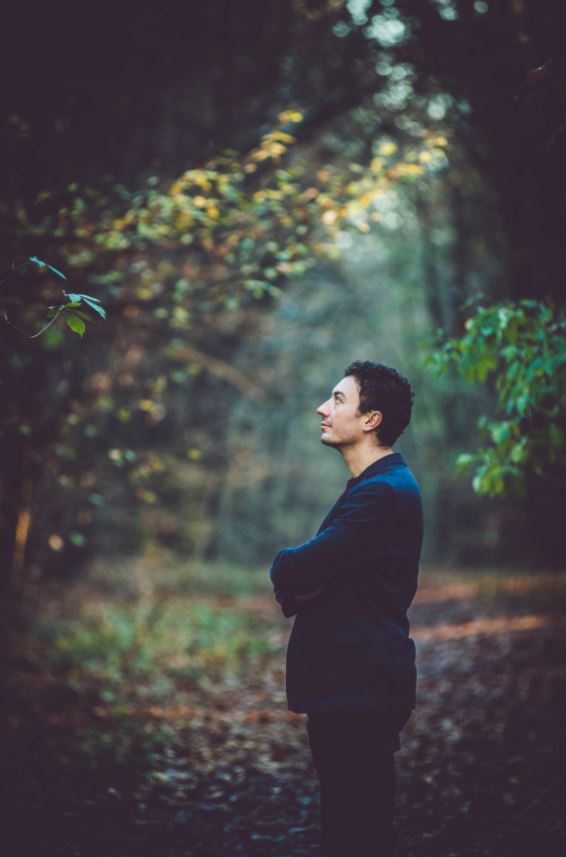
Tailor-made composition
After another Vivaldi concerto titled Il Sospetto, “the bittersweet prelude gives way to clear daylight”, as Jana Semerádová says, characterising the programme. A new work by Jiří Gemrot (* 1957) will be heard. “A playful new concerto for Baroque flute, string orchestra, theorbo, and harpsichord, Elfi e fantasmi, was composed to order our ensemble, which the composer knows intimately as the musical producer of our recordings,” Semerádová says, revealing the circumstances of the work’s creation and its author. “My composition goes on continually without interruption, but it resembles a classical four-movement structure with an introduction that permeates the entire work. The music is mysterious, tender, yet also wild, just like my dreams, in which the characters of the title appear to us”.
The evening will concluded with the Concerto à 6 by the German Baroque composer Georg Philip Telemann. “I have been feeling the desire to connect the two seemingly remote worlds of early music and contemporary music ever since I decided for the Baroque, but wanted to return one day to new music, which I so enjoyed playing,” says Semerádová
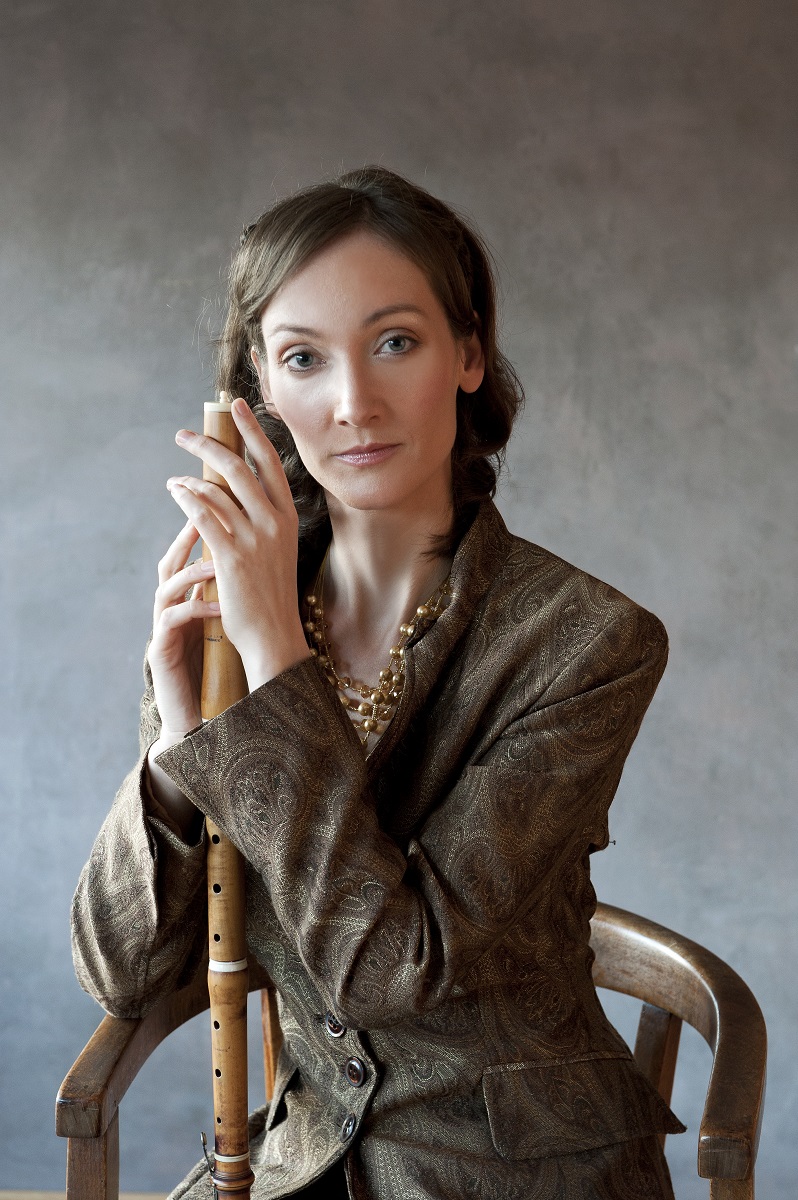
Unmistakable sound
“It is about few orchestras specialising in early music that one can say that they have an unmistakable sound of their own”, wrote the music journalist Milan Bátor for the website Klasikaplus about the ensemble Collegium Marianum. The Prague-based ensemble has been giving concerts since 1997, and it devotes itself mainly to performing music of the 17th and 18th centuries with a focus on composers who were active in Bohemia and central Europe. Besides performing concert repertoire, Collegium Marianum also regularly realises unique staged projects, which reflect the musicological training and research of Jana Semerádová and the ensemble’s other members and co-workers. The ensemble also engages in noteworthy collaboration with Puppets and Cake (Buchty a loutky), an independent alternative puppet theatre troupe consisting of graduates of the Academy of Performing Arts puppetry department, which has been producing original performances for children and adults since 1991. Collegium Marianum has worked with them on creating projects including the puppet opera Calisto. The breadth of the ensemble’s activities is well illustrated by the performers, artists, and festivals it cooperates with, including Andrew Parrott, Hana Blažíková, Peter Kooy, Sergio Azzolini, Simona Houda-Šaturová, the Bachfest Leipzig, the Utrecht Oude Muziek Festival, Tage Alter Musik Regensburg, Concentus Moraviae, the Saint Wenceslas Music Festival, and last but not least, the Prague Spring Festival.
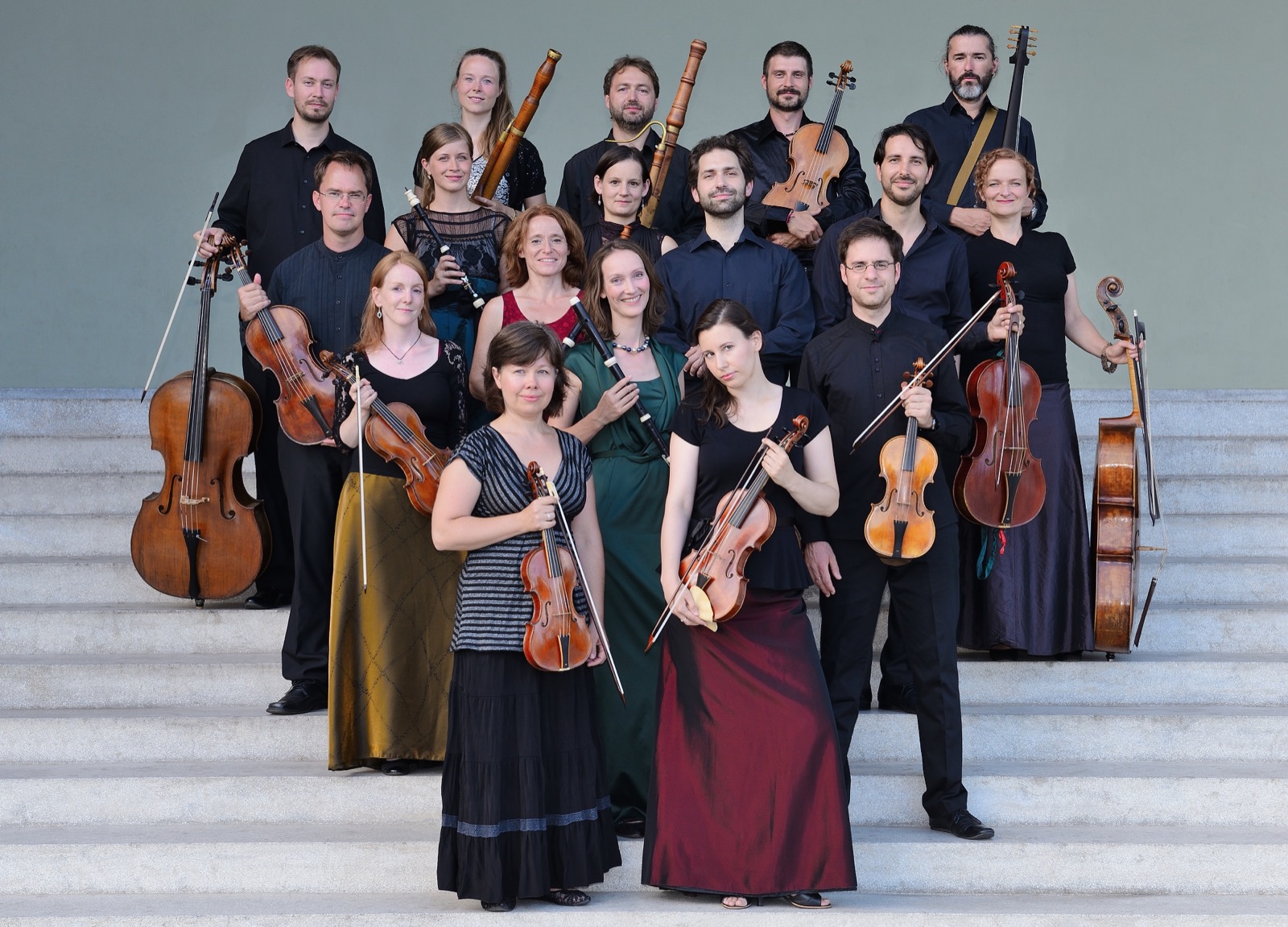
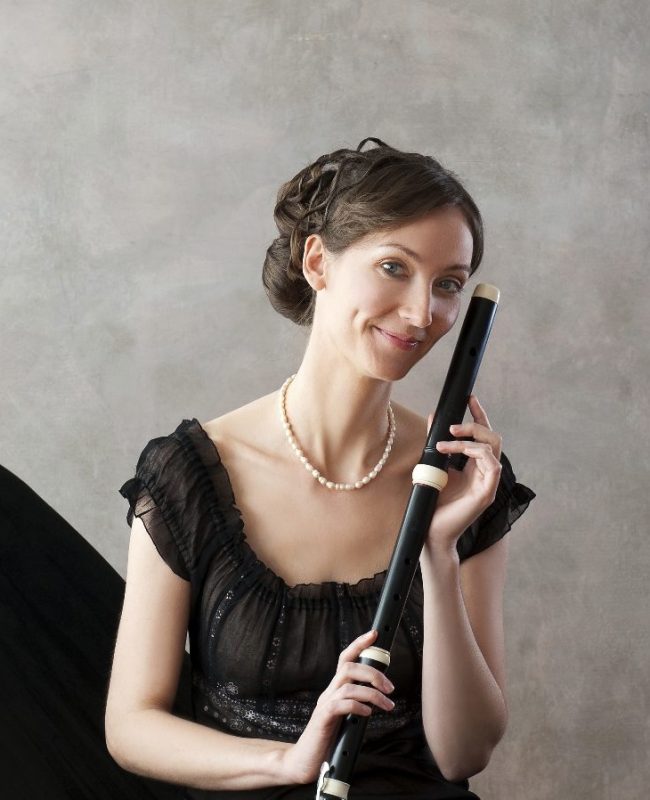
An experience that nothing compares to
The ensemble’s artistic director, the flautist Jana Semerádová, is a graduate of the Prague Conservatoire, the Charles University Faculty of Arts, and the Royal Conservatoire in The Hague.


